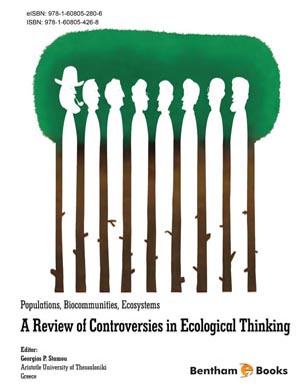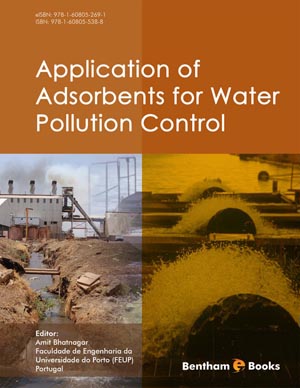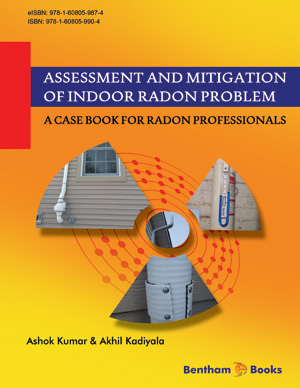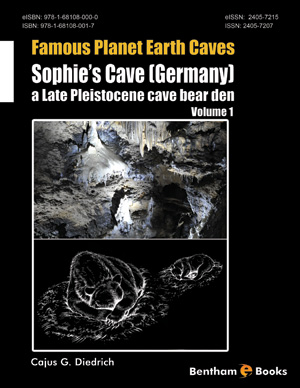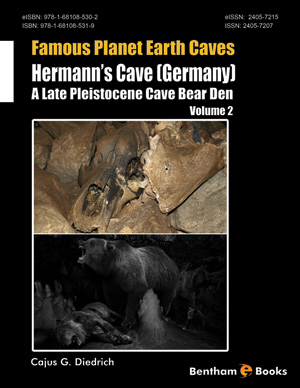Abstract
This chapter is a brief contribution to a very long discussion in the history and philosophy of science, the holism/reductionism debate. My aim is not to adhere to the commonly perceived view of ecology as being straightforwardly divided in two competing camps, a holistic ecosystem approach and a reductionistic population ecology. Rather I suggest that ecological research has never mapped comfortably onto this dualism. Hence, I turn to the discipline’s formative years, roughly up to the mid- 1960s, and follow the contributions that gave the debate its special flavour. It soon becomes evident that, at least during the first decades of the twentieth century, the holistic perspective was influenced by Frederic Clements’ organismic approach, while reductionism was attached to Henry Gleason’s individualistic concept. The works of Arthur Tansley, Raymond Lindeman, Eugene and Howard Odum were fundamental in the development of a vigorous systemic-holistic approach. Population ecology, on the other hand, appears much less reductionistic than often considered as the holistic current deeply affected most of its forerunners like Alfred Lotka, Raymond Pearl and Alexander Nicholson. The proposed distinction becomes blurrier when one considers the ecosystem studies methodology. As it is often implied the Odumian approach to ecosystems, despite its holistic parlance, was actually a form of large-scale reductionism. More to the point, I suggest that a mechanistic view of nature, the search for a fundamental methodological level and physics-envy are characteristics of both the holistic and reductionistic perspective in ecology. However, the existence of these dominant schools of thought is, nowadays, a caricature since most ecologists work in one frame or the other without adhering to extreme metaphysical claims. Nevertheless, the discomfort with accepting mere eclecticism has led me to consider Richad Levins and Richard Lewontin’s dialectical approach. Their writings offer deep insight concerning the relation between parts and wholes, properties of parts in respect to their contextual whole, and the causal relation between contextually defined parts and the contextual whole of which they are parts. What I consider of paramount importance for the actual concerns and practices of ecologists is the conscious, pragmatic pluralism stemming out of their view.
Keywords: Organismic metaphore, Individualistic concept, Holistic thinking, Dialectical approach.


